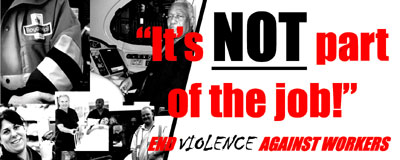There is much in Kier Hardie's life that resonates today and I will select a few random examples.
With the weather I have had to issue plenty of guidance on the employment issues to UNISON branches. Hardie tells the story of his first job at the age of eight delivering bread rolls for a high class bakers, because his family was ill and his the only family income. When he was late twice in bad weather he was summoned to the master's dining room (after prayers because the master was noted for his piety) and dismissed. The master said "to make you more careful in future, I have decided to fine you a week's wages. And now you may go!"
This and other childhood experiences clearly had a strong influence on his political and religious views. Later as an MP he constantly criticised the continuance of poverty and inequality and, with other Labour MPs, was the driving force behind changing the Liberal Party's position on state welfare. He pointed out that charities came and went, were strong in some areas and weak in others. Something we should remember today in the context of the so called 'Big Society' reforms.
When Hardie opposed a large pension for a Boer War commander and asked what was available for private soldiers coming back wounded. Tory MPs shouted back "The Workhouse". When we saw Tory MPs last October slapping each other on the back as the poorest in our society had their benefits slashed, you can see that Tory values haven't changed much.
Having said that, Hardy would have been pretty damming of some aspects of the Labour Party today. He frequently warned of 'the dangers' of the Commons and the importance of Labour MPs being able, from their experience, to have empathy for working class people. He would not have been impressed with the trend towards professional politicians who have little experience of working life.
Keir Hardie was a conviction politician, maybe inflexible at times, but his thinking on issues like womens rights and the environment were well ahead of his time. History has proved him right. We should acknowledge our debt to him and his ideas that remain relevant today. The recently formed Kier Hardie Society is one way of doing that and you can join by contacting Richard Leonard at GMB Scotland. Richard recently showed me round the Hardie Room at the Baird Institute in Cumnock, the town where Hardie lived most of his life and many of his papers are kept in the Institute.
If you are looking for something to spend you Xmas book voucher on, I would strongly recommend Bob Holman's book. As the President of The Kier Hardie Society, Tony Benn said, "A wonderful introduction to Labour's first and in many ways, greatest leader."


